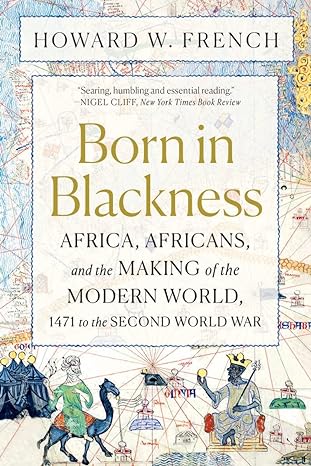By the middle of the eighteenth century, sugar and the various products made from it, from molasses to rum, had laid the foundations of mass consumerism, and utterly transformed eating habits in Europe; in no place was this more so than in England. Indeed, no other product did as much to shape and define the modern condition. As an abundant commodity that was newly affordable for all, sugar would have profound economic and social impacts, transforming trade, labor, worker productivity, leisure, and, of course, health. More grimly, sugar also became a proxy in tangible form for slave labor.
Welcome back. Just a moment while we sign you in to your Goodreads account.


